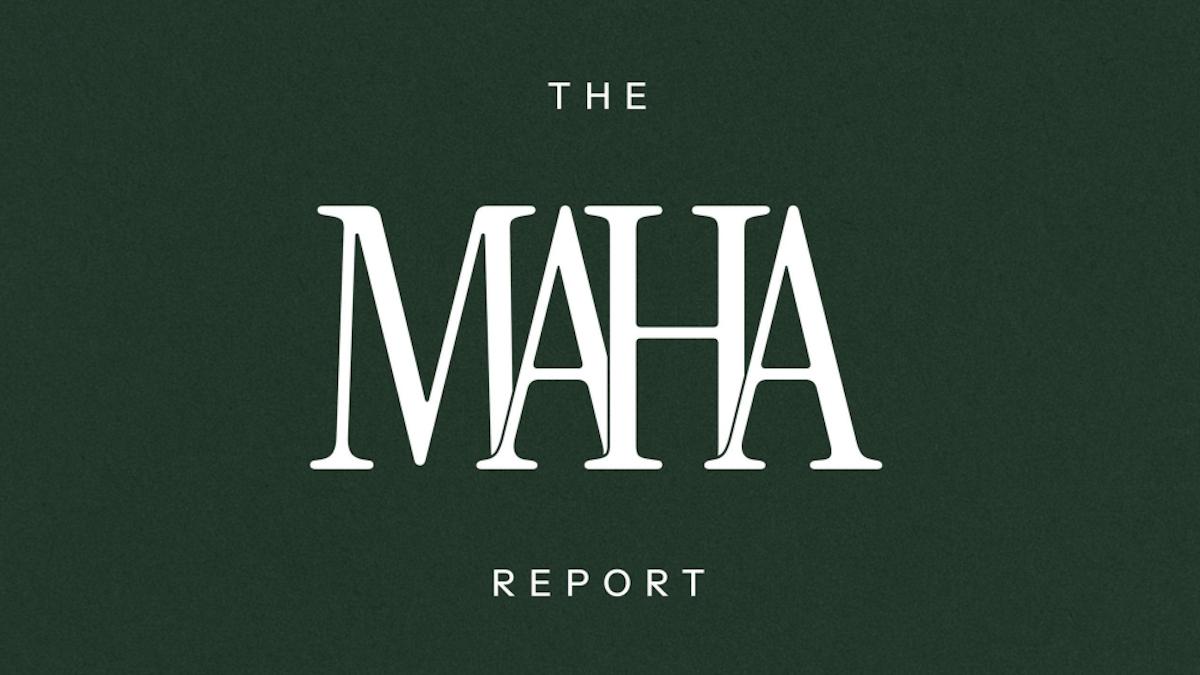Is Livongo-Teladoc merger a ‘leap forward’ for digital health?

When digital health giants Teladoc and Livongo announced their $18.5 billion merger, shares in both companies fell sharply as investors tried to work out the rationale for the deal. Now the dust has settled, they seem to be warming to it.
The cash and stock merger pairs Teladoc's big telehealth business with Livongo’s health monitoring tools, and raised eyebrows despite bringing together two companies whose stock has risen sharply this year as the coronavirus pandemic has catapulted digital health to the fore.
Teladoc is the only public-traded telehealth company in the US, and concerns from its investors seemed to centre on the price it was paying to meld with Livongo, particularly as the value of the latter’s stock sank below the offer price soon after it was announced.
There was also a sense that the firm may be growing too quickly after absorbing InTouch – which supplies telehealth systems to hospitals – in a $600 million deal a few months ago.
The dilution of their holdings was also likely to be a factor behind the discontent, as they will collectively own a 58% stake in the merged company.
On the other hand, Livongo’s shareholders were also sceptical about yoking their nimble and high-flying investment to a company that hasn’t shown the same growth rates of late. While both companies operate in virtual care and chronic condition management, their approaches are very different.
Livongo provides tools that slot into the daily lives of patients with conditions like diabetes and hypertension, helping them manage their conditions, and has seen revenues and users of its services rise exponentially in recent months. Its second-quarter revenue leaped 125% to almost $92 million.
Meanwhile, Teladoc focuses on connecting patients with health services, for example through live video connection using smartphones or tablets, and it has also seen turnover rise sharply amid COVID-19. Second quarter revenue rose 85% to $241 million, with remote consultations up more than 200%.
The chances of those revenue rates being maintained when the pandemic subsides may be slim of course, despite moves by federal and state governments to encourage digital health thereafter, and it shouldn’t be overlooked that both firms have accumulated operating losses in the quest for growth.
All that aside, a couple of weeks on, and share prices are starting to recover as investors focus on the proposed benefits from the marriage.
Cost savings are one – estimated at $60 million within a couple of years and $500 million down the line – and could be fairly easy to achieve in areas like sales as both companies share a portion of the same customers, for example health insurance companies and managed care.
There’s also another $500 million in revenues that the two companies think they can squeeze out by cross-selling the two platforms to customers they don’t share, which would be a big achievement given that is more than Livongo’s entire annual revenue at the moment.
For example, Teladoc can now push Livongo’s chronic health management tools as part of its conversations with insurers about remote health, and that could be a compelling argument, given the high cost burden placed on payers by conditions like diabetes.
At the same time, Teladoc’s network of doctors will also be able to recommend Livongo tools during patient consultations, if they can be encouraged to do so, potentially providing a swift uptick in revenue.
Some analysts are convinced that the rise in telehealth seen during the coronavirus crisis is here to stay, and Teladoc stands to benefit from that both in the US as well as internationally, as it has operations in dozens of countries around the world.
So far, Livongo has focused purely on the US market, so the merger also provides a channel to roll out its chronic health management tools overseas.
One analyst convinced by the rationale is Credit Suisse’s Jailendra Singh, who has upgraded Teladoc to outperform from neutral on the strength of the deal.
The analysts said the deal created a “digital health giant” adding that the savings and revenue generation detailed by management appear to be “very achievable”.
Under the terms of the deal, Teladoc is paying $11.33 in cash and a portion of its stock for each Livongo share, equivalent to around $159 per share. Livongo’s current share price is at around $129.
If the deal gets regulatory approval to go ahead, the combined company will have 2020 pro forma revenue of approximately $1.3 billion, representing year over year pro forma growth of 85%.













